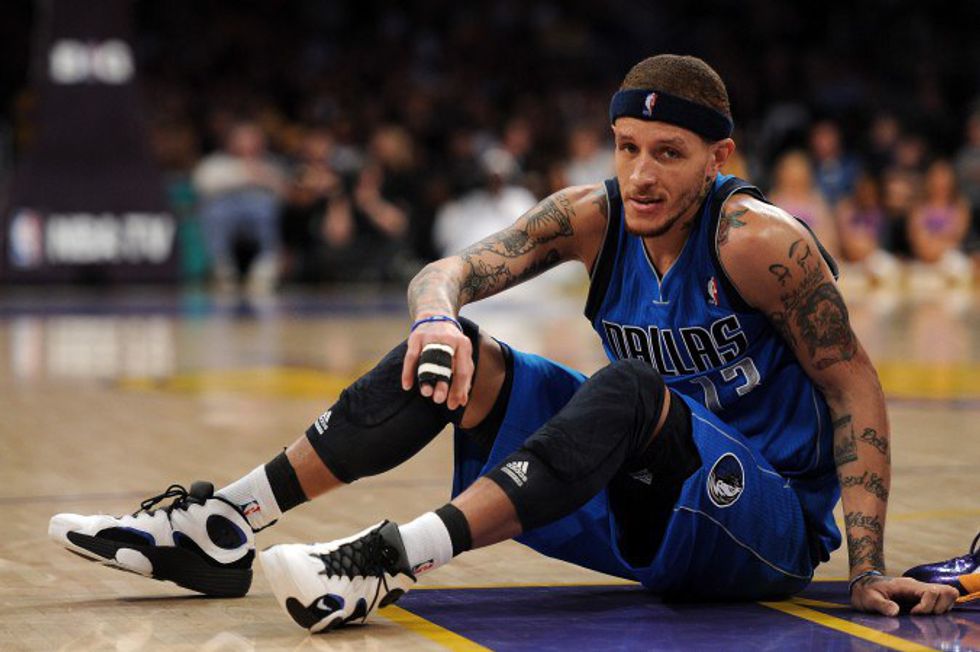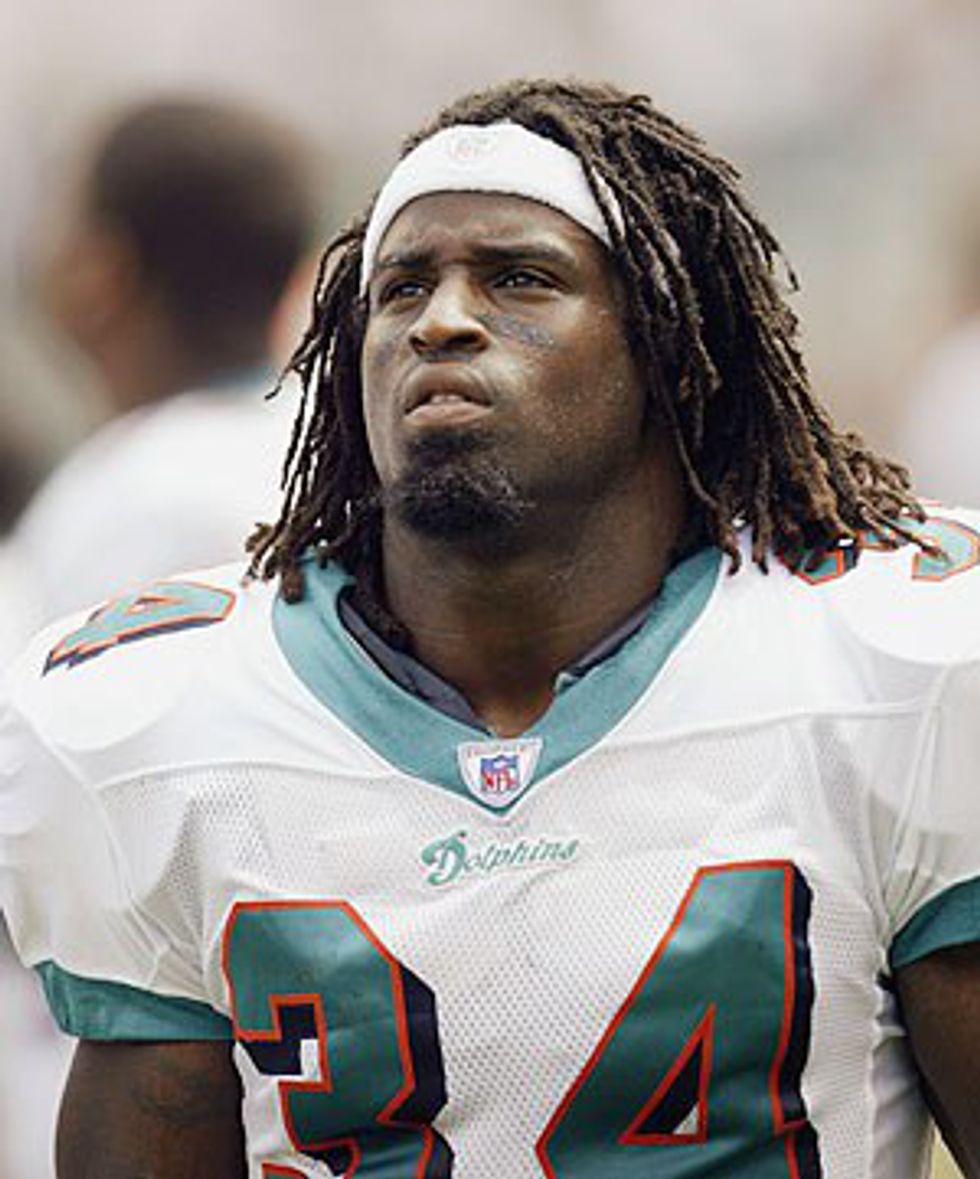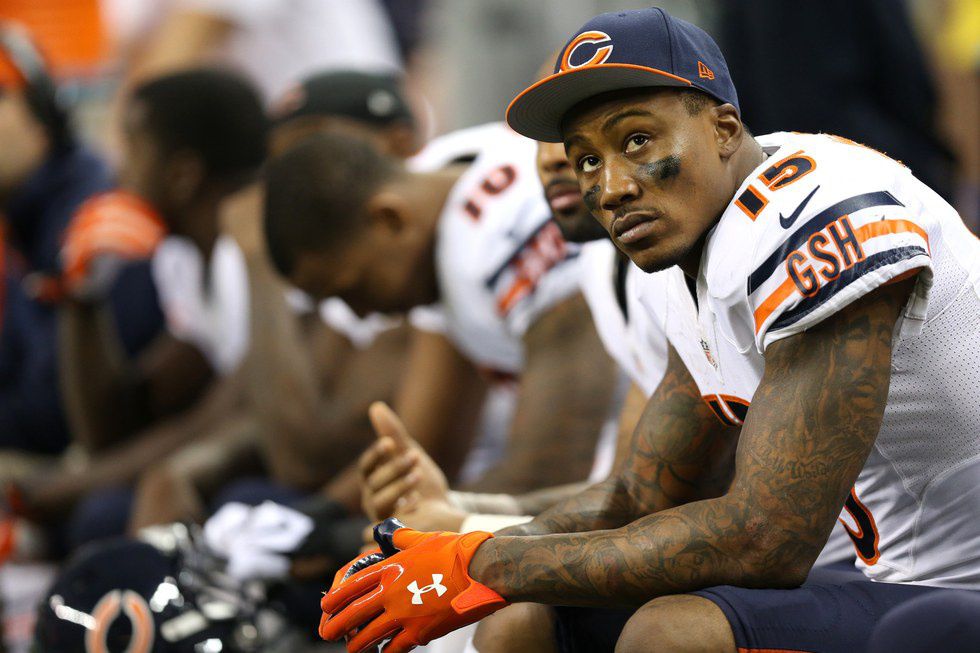The field of medicine is always rapidly changing and advancing through new techniques and technologies that have become available. Torn ACL’s and MCL’s or ruptured Achilles tendons used to end the careers of athletes. Now, these injuries can be surgically repaired with previously unheard-of precision and athletes can be back on the field within a year playing the sports they love. Teams have dedicated large sums of money to making sure they have some of the best medical staff available for their players to achieve the best results they can from the athletes. No longer is there a trainer or two for a team, as most Division I programs in the country have at least four athletic trainers to go with dieticians and sports nutritionists to monitor eating habits, body-fat percentage, and improvements in speed, strength, and endurance. While the staff for teams has become more specialized and trainers have embraced the future and implemented it in their work, one field, in particular, has fallen behind and been neglected: sports psychology.
Coaches often discuss trying to develop the whole player in the programs, both as athletes, students, and men. It is clear from the tedious work they do toward ensuring athletes are studying, eating well, and following their strict workout regimens while teaching them responsibility and accountability that they truly do care about developing these kids as a whole. The problem is that the mental aspect of a student-athlete can often fall by the wayside because coaches have to be so worried about whether athletes are keeping up with their studies and regimens. These young men are subjected to an immense amount of public exposure from the media, but now more than ever from a prevalence of social media. While some athletes enjoy the status and attention that accompanies playing for big programs or professional teams, for others it is their worst nightmare. Many fail to realize that players may suffer from social anxiety disorders, bipolar disorders, or borderline personality disorders, to name a few common conditions, that are amplified by the pressures of the game and even further exacerbated by the public attention that surrounds them.
There are countless famous professional athletes that have endured these conditions without understanding why they were feeling the way they did. Players like Ricky Williams, Delonte West, and Brandon Marshall all suffered because athletic trainers and nutritionists do not have the specialization to recognize and understand the symptoms they were exhibiting. Ricky Williams has become a running joke because of his continued pot use that was constantly revealed to the public through failed drug tests, ultimately leading him to leave the NFL. What is not funny, and many do not understand, is that Ricky Williams suffers from social anxiety and borderline personality disorder. Some of the symptoms of this disease include the following: self-damaging behavior, disturbed sense of identity, the paranoia of real or imagined abandonment, depression, intense and uncontrollable emotional outbursts, anxiety and unstable personal relationships. So no one recognizes that Williams has this anxiety disorder and he already has problems connecting with others because of his fear of abandonment, uneven temperament, etcetera etcetera. Then he becomes one of the most electric players in the country drawing both the adoration and criticism of the media and fans alike. Williams, because of his disorder and severe anxiety, feels the immense pressure on his shoulders and is crushing under its weight with no one to turn to. He starts self-medicating with marijuana to deal with all of the attention and public criticism he endures. Well, then he fails a drug test. Instead of seeing someone who may have had an anxiety disorder and desperately needed some counseling, he was ridiculed, laughed at, mocked, and further pressured by the media as criticism intensified. Now he feels even more isolated and trapped in his own life feeling like he is struggling to keep his head above water. The cycle continues of being extremely talented and performing admirably on the field, then failing a drug test, and being publicly shamed until he decides that he has to walk away from the game he loves to play because the pressure is so negatively impacting his mental health.

This sort of thing is inexcusable when coaches preach so mightily about developing the whole player as a person, yet Ricky Williams is not alone. Brandon Marshall appeared to many to just be a child in a grown man’s body from his time at UCF to his playing days for the Denver Broncos. He would have trouble maintaining relationships with his teammates and wife, often getting into violent arguments which sometimes turned physical. He did not understand why his temperament was so volatile and why he felt so depressed all the time even when things were going great, until a doctor had the presence of mind to approach him and tell him that he believed Marshall had a psychological disorder (Borderline Personality Disorder) that was the cause for all of the trouble and emotional pain. Marshall received treatment and has since been in control of himself, living happily, and raising awareness for mental disorders of all types. The complete turn around in his demeanor, actions, and maturity shows a man more confident in and understanding of himself demonstrating the profound impact that one concerned psychologist could have on a young man’s life. After being diagnosed with Bipolar Disorder and depression, NBA player Delonte West spoke on his condition saying “It’s been haunting me my whole life, self-destructive behavior. Everything is going well for me- being on a great team where anything less than a championship is unacceptable this year, getting a new contract, being in a good situation. When everything is on the upside, I’m feeling the worst.” New contract. Playing for a title contender. Great team situation. These are some of the goals all pro athletes hope to achieve, yet he still felt his worst; trapped, alone, and scared.
These situations can be prevented by having a sports psychologist on the medical staff for all teams, and if coaches are serious about really caring for the entire player then it should be an easy decision to make. Some schools like LSU, Ohio State, Missouri, USC, and Oklahoma have already taken the initiative to hire a full-time sports psychologist to help their players in need. Unfortunately, many teams still are behind the times. Some teams would rather use a referral approach, in which upon recognizing an athlete was struggling with potential systems they would send them to a specialist or the counseling available at the school. The problem with this approach is it is not preventive, but reactionary. For the coaches to refer their players, there is more than likely going to be a preceding incident whether it is violence, drugs, or poor academic performance and by then serious damage to a student’s life and reputation may have already been done. Also, counselors for the school and standard psychologists may not have the understanding of a program’s particular stresses, motivations, culture, and team dynamics that a full-time sports psychologist would. Plus, being full-time and around the team constantly makes the psychologist more familiar to the players which mean that they would be more likely to feel comfortable talking to them and feeling that they could understand, as opposed to a third-party counselor.
Maybe if a psychologist had been there to recognize the problems sooner, Ricky wouldn’t have self-medicated and cracked under pressure, Marshall wouldn’t have a colorful criminal record, and Delonte would be able to relish the blessings that had been bestowed upon him. With the prevalence of social media, athletes have become more accessible than ever, which also means it’s even more difficult for them to block out the criticism and pressures. It is time to recognize the increased need for a sports psychologist on all teams to help athletes to deal with all of these immense pressures. It is time to start caring for the whole player- body and mind.





















